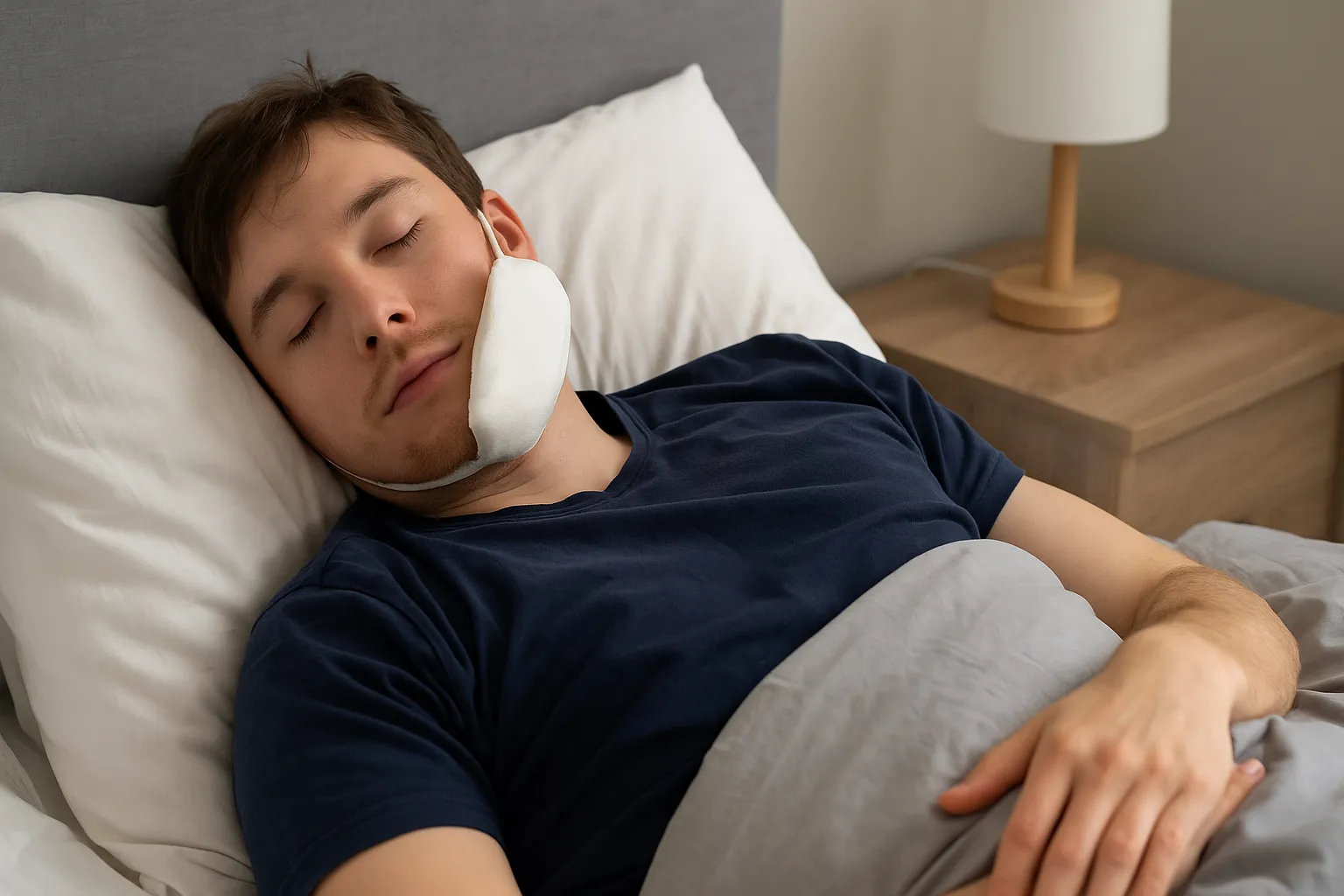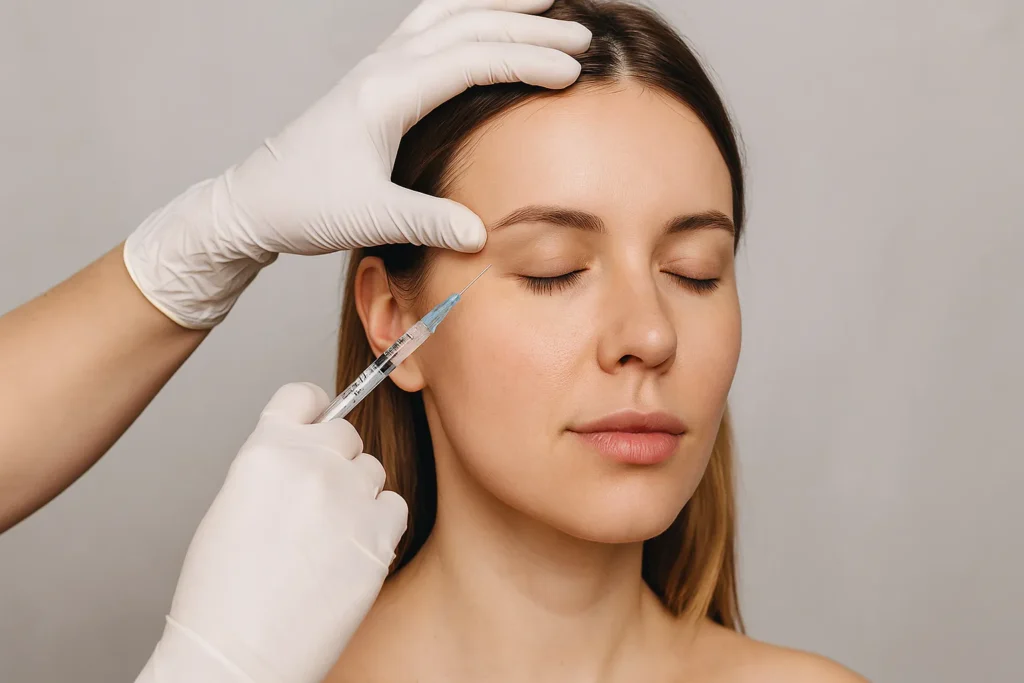Getting your wisdom teeth removed isn’t anyone’s idea of fun, but what comes afterward, especially trying to sleep, can be even trickier. If you’ve recently had this procedure, you’re probably dealing with swelling, mild pain, or the fear of doing something wrong during recovery. So let’s talk about the question many people ask: how to sleep after wisdom teeth removal without making things worse? This guide is your friendly walk-through, filled with simple, expert-backed tips to help you sleep better and heal faster.
Why Sleeping Properly Matters After Wisdom Teeth Removal
Let’s start here. When you’re asleep, your body focuses on healing. But improper sleep posture, ignoring precautions, or sleeping too soon after surgery can disrupt clot formation and cause complications like dry socket. That’s why knowing how to sleep after removing wisdom teeth is just as important as taking your medications on time.
How to Sleep After Wisdom Teeth Removal
1. Elevate Your Head While Sleeping
Why it helps: Lying flat can increase blood flow to your head, causing more swelling or discomfort. Elevation minimizes that risk.
What to do:
Prop up two or three pillows to keep your head at a 45-degree angle. You can also use a wedge pillow if you have one. This position supports blood drainage and reduces throbbing.
Bonus tip: Try sleeping in a recliner if propped pillows aren’t comfortable.
2. Sleep on Your Back (Not Your Side)
Why it helps: Sleeping on your side may put pressure on the surgical site, especially if only one side of the wisdom teeth was removed.
What to do:
Train yourself to sleep on your back for a few nights. Place pillows around your sides to prevent rolling over.
If you’re someone who must sleep on your side, choose the non-operative side and still keep your head elevated.
3. Avoid Sleeping Immediately After Surgery
Why it helps: You might still have some lingering effects of anesthesia, and falling asleep too soon could cause you to forget post-op steps like gauze removal.
What to do:
Wait at least 30–45 minutes after surgery before lying down. Use this time to hydrate (as instructed), eat something soft if allowed, and settle in with your medication schedule.
4. Don’t Sleep With Gauze in Your Mouth
Why it helps: This is a big one. Gauze is meant to help with clotting right after surgery, but leaving it in while sleeping can be dangerous.
What to do:
Only keep gauze in for the first 30–60 minutes post-surgery. Never go to sleep with gauze still inside your mouth, it can become a choking hazard.
5. Stick to a Pain Medication Schedule
Why it helps: Pain tends to creep up right when you’re trying to rest. And once you’re awake from pain, falling asleep again is tough.
What to do:
Take prescribed painkillers or OTC medications like ibuprofen as directed, before bedtime. This ensures pain relief kicks in while you’re drifting off.
You can also use a cold pack 15–20 minutes before bed to reduce swelling.
6. Skip the Nightcap – No Alcohol or Smoking
Why it helps: Both alcohol and smoking interfere with blood clot formation and delay healing.
What to do:
Avoid alcohol for at least 24–48 hours. For smoking, try to refrain for as long as possible, preferably a week. Nicotine can increase dry socket risk and interfere with recovery.
Instead, sip cold water or herbal tea (if your dentist approves) before bed to soothe your throat and keep you hydrated.
7. Manage Saliva Without Spitting
Why it helps: Spitting can dislodge the clot forming in your socket, which leads to dry socket, a painful condition you definitely don’t want.
What to do:
If saliva builds up, gently wipe it using a tissue or let it drool out passively. Keep a small towel on your pillow during the first night.
8. Choose the Right Foods Before Bedtime
Why it helps: Eating soft foods before bed gives your body energy to heal, but choosing the wrong food can irritate the site or cause accidental chewing.
What to do:
Stick to cool, soft foods like yogurt, applesauce, mashed potatoes, or smoothies (avoid straws!). Also, rinse gently with warm salt water (after the first 24 hours) to clear your mouth before sleep.
9. Reduce Stress and Anxiety Before Bed
Why it helps: Stress can keep you tossing and turning, especially if you’re anxious about recovery.
What to do:
Try light meditation, breathing exercises, or listening to calm music before sleep. This helps your body relax and focus on healing.
For example, you can follow NutBolt India’s approach to solving everyday “how” questions, curiosity helps, but so does calm focus.
10. Know What Not to Do While Sleeping
To avoid prolonging your healing time, here’s a quick list of things you should not do during those crucial first few nights:
- Don’t sleep with your mouth full (gauze, food, etc.)
- Don’t sleep flat on your back without pillow elevation
- Don’t ignore pain, manage it proactively
- Don’t clench your jaw while sleeping (use a soft towel roll if needed)
- Don’t ignore signs of infection, swelling that increases after 3 days, fever, or foul taste needs a dentist visit
Healing Takes Time, But You Can Sleep Smarter
Most people recover from wisdom teeth removal in about 7–10 days. The swelling often peaks around day 3 and slowly reduces from there. Sleep plays a huge role in how quickly you heal.
Want to explore more dental care tips while you recover?
Check out guides like How to Remineralize Teeth naturally or understand How Long Does a Root Canal Take if you’re considering future dental work.
Or maybe you’re curious about smile makeovers? Discover the answer to How Much Are Veneers and How Much Do Braces Cost Without Insurance.
Facing a loose or cracked tooth post-surgery? We also dive into How to Tighten a Loose Tooth at Home and How to Fix a Cracked Tooth Naturally.
And if you’re considering alignment options, you’ll want to read How Long Does Invisalign Take to Work.
Final Thoughts
Sleeping after wisdom teeth removal doesn’t have to be a nightmare. With the right position, some simple dos and don’ts, and a calm mindset, you’ll be resting peacefully, and healing quickly, in no time. If you ever feel unsure about what’s normal and what’s not during recovery, don’t hesitate to contact your oral surgeon or dentist. Your comfort matters, and so does a good night’s sleep.













